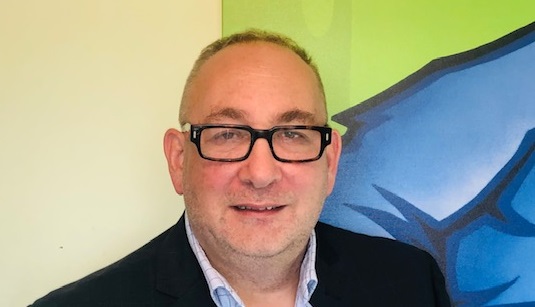
As we progress through the New Year towards the end of Q1, a period of reflection on the changes many lenders have undergone during the lockdowns might feel like an unaffordable luxury at the moment.
The market for most is booming thanks to the UK Treasury which, in almost every way possible, is supporting the property market over and beyond what was ever expected or sustainable.
Many lenders are still in the throes of finalising plans for 2021 and the normal period of reflection on the previous year in Q4 would have informed intentions for the coming 12 months. That essential time for many has been compressed or, even worse, lost – but it is actually essential.
Reflection is not a luxury though if it is the basis for deciding which path to follow going forward. While the objectives of lending may remain the same, the way in which it is conducted, for whom and on what terms have arguably changed forever.
Whether we admit it or not, our businesses have been changed and it is now our job to wrestle back control. Having been blown about by the storms of the pandemic, and having coped admirably, we need to set our own courses, understand our purpose and how we plan to execute it.
Products
Product propositions will transform out of competitive necessity but tactically responding to competitive pressure does not put organisations in the driving seat.
It is also a time when significant errors are made under pressure. Deciding now what your lending landscape will be rather than having it imposed upon you offers an opportunity to deliver the lending that is right for your organisation and your intermediary and borrower community.
Decisions to follow margins down the credit curve are now much more akin to leaps into the unknown.
There is little data to support the possible implications of an end of furlough and simply not lending will mean an oversupply of lenders fighting over those borrowers that have got by.
We will need imaginative responses as well as government support if we are to deliver home ownership to the many and not the few.
Lenders should not rely upon old responses either. The regulatory environment today is not a regime that will ignore irresponsible lending.
The challenges are manifold. What will happen to our markets if fiscal stimulus is withdrawn? How will the end of furlough affect the lending targets and affordability criteria we enjoy today? What will our response be and where do we go to secure the lending we want at the price we can afford?
Service
Inextricably bound up in the product proposition is service. This was already under significant strain as the push for more integrated value chains through APIs soaked up human and financial resources.
Is this still as relevant now or should the focus be to support better and more efficient decision making?
More lending delivered more quickly and at less cost remains the holy grail but how that is delivered in terms of process also needs a rethink.
Manual underwriting is now underpinning lending decisions at even our biggest lenders as they reconcile decisions with the era of furlough and mortgage deferrals.
It will be important to leverage data to drive more efficient decision making. We will need to ask questions about segmentation and personalisation of different customer groups – and of underwriting colleagues – to understand them better, understand risk and match staff skills to assess it more effectively, ultimately to build stronger relationships with borrowers and distributors.
Product propositions need redefining for the next five years and service propositions need transforming if building societies, banks and specialist lenders are to deliver their purpose moving forward.
Boards need to understand and collectively buy into where their businesses are going. Navigating the waters ahead and securing the focus of all concerned, from funding to sales to operations, will be the chief executive’s task.
Strategy, cash and culture will be swiftly moving feasts – some more easily manageable than others. Reflection and planning should not be lost in the race to do business as usual. Help, thankfully, is at hand if you need it.
Tim Hague is managing partner at Sagis



